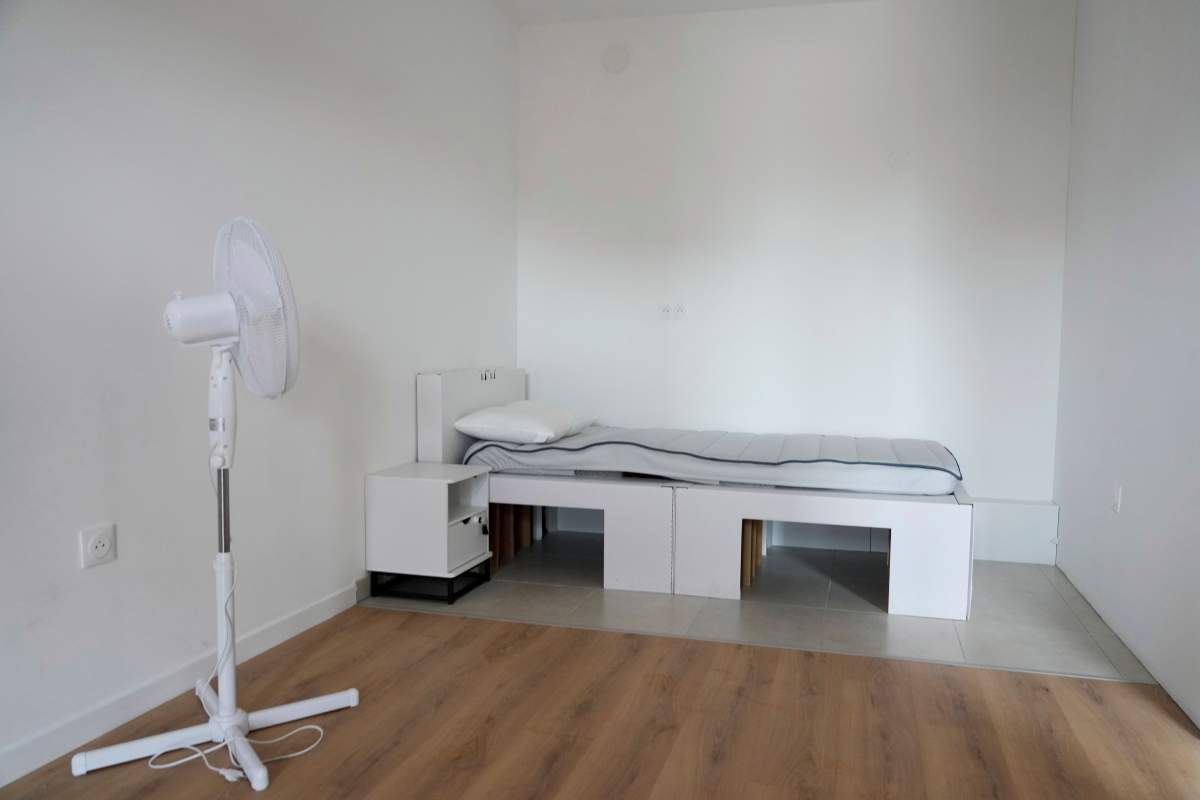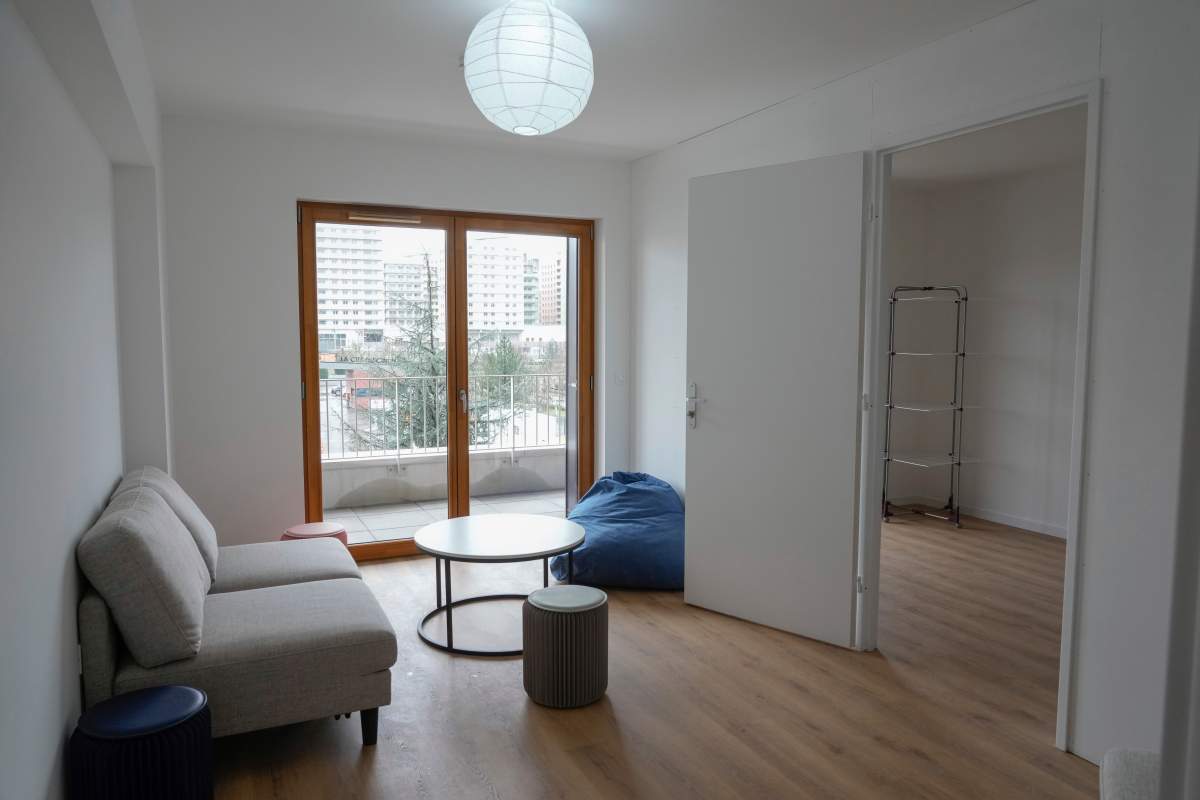Preparations are heating up for the Paris Olympics and some countries, including Canada, are making sure their athletes remain cool during the two-week-long summer sporting event.

Team Canada is among several visiting delegations that will be adding air conditioning units because the rooms in the Olympic Village where the athletes will be staying won’t have them.
“Aligned with our commitment to providing optimal health and performance conditions for Team Canada, and informed by our conversations with athletes, the Canadian Olympic Committee, with its sport partners and National Sport Organizations, has implemented several heat mitigation strategies,” the COC told Global News in an emailed statement.
“One of these measures is high-efficiency low-emission air conditioning units in some athlete rooms purchased from the organizing committee to complement the measures put in place by Paris 2024.”
After the Games are over, the AC units will be donated locally to people in need, the COC said.
The Athletes Village will house more than 15,000 Olympians and sports officials during the Paris Games, which will run from July 26 till August 11.
Paris organizers have vowed to make this year’s Olympics the greenest ever, with a target to cut carbon emissions in half compared with an average of the London 2012 and Rio 2016 Games.
As part of that effort, the rooms in the Athletes Village won’t come with ACs.
Instead, there will be fans, blinds and a system of cooling pipes underneath the floors.
The main dining hall, however, will have air conditioning and if it gets really hot, additional temporary solutions will be made available if needed, especially for the south-facing Village apartments, Paris organizers told Global News.
“During the Games, delegations who would like additional cooling solutions for their athletes have the option to rent temporary, lower-emitting mobile cooling units on a rate-card basis,” Paris 2024 Organising Committee of the Olympic Games (OCOG) said in an email.

Get daily National news
“We believe we have found a good balance between our primary commitment to athlete well-being and our responsibility as major event organisers in the face of climate change.
“Overall, we’re confident that only a minority will opt for additional solutions.”
Heat risks at the Paris Olympics
Temperatures are expected to soar again in the European summer, after setting records in 2023, and although it is too early for an exact forecast for July, national weather agency Meteo-France said warmer than normal conditions were most likely.
The average high in Paris on Aug. 1 is 26 C.
A recent report by U.K. researchers highlighted the heat risks at the 2024 Paris Olympics, warning that “the threat of a devastating hot spell is a very real one.”
The analysis showed that the average temperature in Paris has risen by 3.1 degrees since 1924, the year of the last Olympics in France.
The report also noted that the 2020 Tokyo Olympics saw temperatures rising above 34 C and humidity reaching almost 70 per cent, which resulted in athletes vomiting and fainting at the finish lines.
Paris 2024’s OCOG said features like geothermal cooling, high-performing blinds and natural air ventilation have been tested in summertime conditions, proving to guarantee indoor temperatures at least six degrees cooler than outside.

Canada is not the only visiting nation planning to use portable ACs in Paris.
The Washington Post reported earlier this month that the United States, Britain, Germany, Australia, Italy, Greece and Denmark have similar plans.
Joseph Baker, Tannenbaum research chair in sports science, data modelling and sport analytics at the University of Toronto, said he was not surprised that Canada, like other nations, was making these additional cooling accommodations as a “backup plan.”
“I think given the weather we’ve seen in the last few summers in Europe, I think this is wise because if everything goes well, they won’t be needed,” he said in an interview with Global News.
Teams will want to try to control as many variables as possible during the Olympics, including the sleeping environment, so that athletes can perform well, Baker said.
“If they’re coming from parts of Canada that don’t get these kinds of extreme heats, they’re going to want the same kind of sleeping environment that they would be used to,” he said.
“And so that’s what the air conditioning units will provide, is that ability to dial up whatever environment they’re going to get the best quality sleep, because in addition to all the other things that they’re going to have to deal with going into a major Games, they don’t want to have to worry about the sleeping environment because that’s obviously going to be really important for performance.”
— with files from Reuters and The Associated Press.










Comments
Want to discuss? Please read our Commenting Policy first.